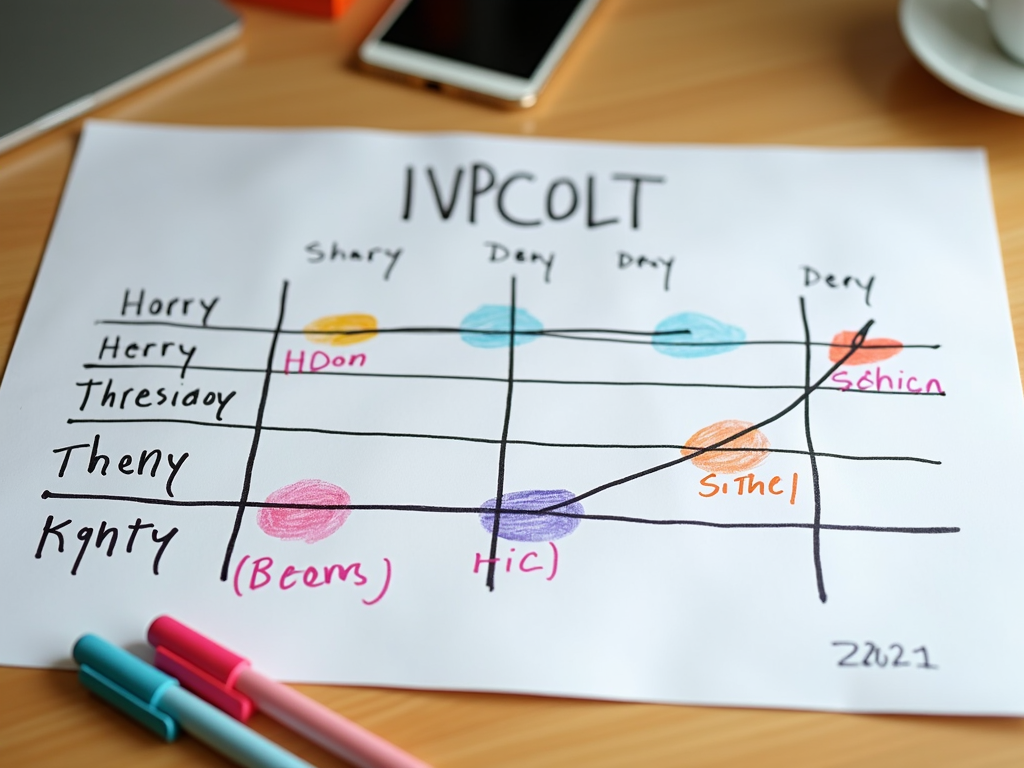Optimizing IVF Cycles with Medication: A Comprehensive Guide
May 7, 2025, 5:23 p.m.
Optimizing IVF cycles with medication can make a big difference in your journey to parenthood. This guide dives into how IVF medication works, why it matters, and how you can use it effectively to boost your chances of success. If you’re facing infertility, this article is for you.

What is IVF?
In vitro fertilization, or IVF, is a process that helps people have babies when natural conception isn’t working. It involves stimulating the ovaries, collecting eggs, fertilizing them with sperm in a lab, and placing embryos back into the uterus. IVF medication drives this process, making it possible.

Why Medication Matters in IVF
Fertility drugs are the backbone of IVF. They help your body produce more eggs, control when you ovulate, and get your uterus ready for a baby. Without these medications, IVF wouldn’t work as well. Optimizing IVF cycles with medication means sticking to the plan your doctor gives you.

Types of Fertility Drugs
IVF uses several types of medications. Gonadotropins stimulate your ovaries to make multiple eggs. GnRH agonists and antagonists stop early ovulation. Progesterone prepares your uterus after egg retrieval. Each drug has a job, and together, they increase your odds of success.

Here’s a quick look at these fertility drugs:
| Drug Type | Purpose | Side Effects |
|---|---|---|
| Gonadotropins | Grow multiple eggs | Bloating, mood swings |
| GnRH Agonists | Prevent early ovulation | Hot flashes, headaches |
| GnRH Antagonists | Prevent early ovulation | Nausea, skin redness |
| Progesterone | Support pregnancy | Tiredness, breast tenderness |

How to Optimize Your IVF Cycle
To get the most from IVF medication, follow your doctor’s instructions exactly. Take your doses on time every day. Go to all your appointments so your team can check how your body responds. Small steps like these can make a big difference in fighting infertility.

Tips for Success
Here are some practical tips:
- Set phone reminders for medication times.
- Keep drugs stored as directed (some need a fridge).
- Drink plenty of water and eat healthy foods.
- Tell your doctor about side effects right away.
- Rest when you feel tired—it’s okay to slow down.

Managing Side Effects
Fertility drugs can cause bloating, mood changes, or hot flashes. These usually go away after treatment. If they bother you, talk to your doctor. They might adjust your dose. Staying positive helps too—many people say the discomfort is worth it when they hold their baby.

The Emotional Side of IVF
IVF can feel like a rollercoaster. You might feel hopeful one day and worried the next. That’s normal. Talking to a friend or counselor can lift your spirits. Knowing others have been through infertility and succeeded can keep you going.

Financial Considerations
IVF medication isn’t cheap. Costs can pile up fast. Ask your clinic about payment plans or insurance options. Some offer discounts if you need more than one cycle. Planning ahead can ease the stress and let you focus on optimizing IVF cycles with medication.

What the Numbers Say
The Society for Assisted Reproductive Technology reports a 40% live birth rate for IVF in women under 35 (source). Medication boosts these odds, but age and health matter too. Your doctor can explain how your situation fits into these stats.

Working with Your Doctor
Your healthcare team is your partner. Ask questions about your IVF medication—how it works, what to expect, anything. If something feels off, speak up. They’re there to help you optimize your cycle and feel confident every step of the way.

A Personal Perspective
Imagine starting IVF—nervous but excited. You learn to give yourself shots, track every dose, and hope with every ultrasound. It’s hard, but each step brings you closer to your dream. That’s what keeps people going through infertility treatments.

Final Thoughts
Optimizing IVF cycles with medication takes effort, but it’s worth it. Stick to your plan, care for yourself, and lean on your support system. Fertility drugs give you a real shot at success. Keep learning, stay hopeful, and trust the process—you’ve got this.
